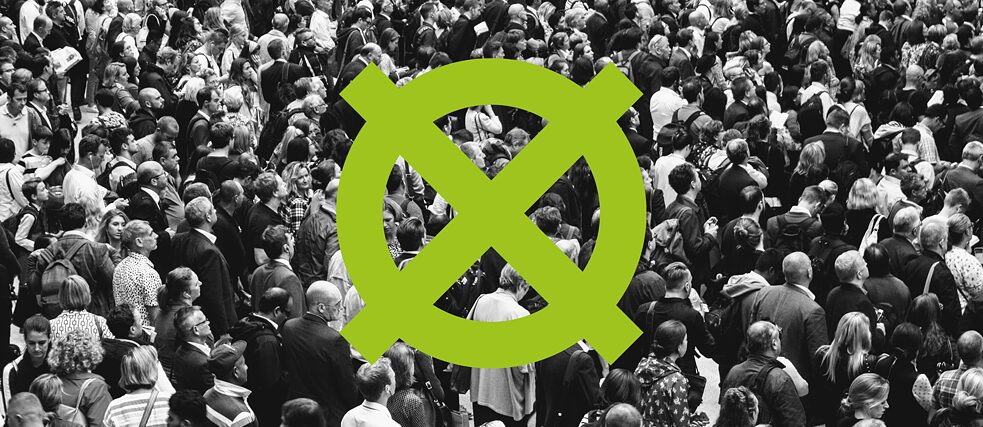The COVID-19 pandemic is putting pressure on political systems around the world. Autocratic regimes are responding either by simply denying the pandemic or imposing harsh measures and restrictions on civil liberties to bring it under control. Western liberal democracies have had to face the painful realisation that the invisible hand of the market is incapable of creating efficient healthcare systems, and its countries have suffered an alarming number of casualties.
While populist regimes in some countries are seizing the moment to clamp down on free speech and the freedom of press under the pretext that combatting the pandemic calls for draconian measures – the Indian state of Uttar Pradesh, for instance, made photographing the burning funeral pyres and any mention of the medical oxygen shortage there a punishable offence – other governments around the world are facing a sudden surge of popular calls for liberty. Emancipated citizens regard the new hygiene rules as an unacceptable form of paternalism, and an opposition to mask mandates is driving thousands into the streets.
And then there are economic aspects: Some people have lost their jobs, while the incomes of others have reached dazzling heights. While some risk their lives or even lost it, others profit from falling housing prices and invest their income at the expense of those who have lost their job, their homes and now have to endure the implosion of their middle-class existence.
So in sum the pandemic jeopardises not only everyone’s health, but also the well-being of whole societies, testing what solidarity means today. In this module called Democracy - On the Road to Change experts ask how much solidarity is needed in times of crisis to keep societies from breaking up into antagonistic camps. Has “expertocracy” replaced democracy? Who gets to be represented by whom? Who is legitimised to represent them? Why aren’t elections alone enough to protect the functioning of a democracy? Are institutions merely sclerotic vestiges of the democratic process or vital repositories of collected social knowledge? What are the advantages of a flexible, responsive direct democracy over a cumbersome representative democracy? Does everyone get a say in government and policymaking? Do we need more state and less market? Who guarantees the common welfare?
In a series of video interviews, various experts will be addressing these questions as they drive through their hometowns: from Bel Air to Skid Row in Los Angeles, from Chanakyapuri in New Delhi to Gurgaon, from Piraeus to Marousi, from Mount Schauinsland to Freiburg – these issues are equally virulent in the US, India, Greece and Germany. And yet, the answers will be very different in each country and thereby represent the variety of questions as well as perspectives on the prospects for the future of post-pandemic democracy.

